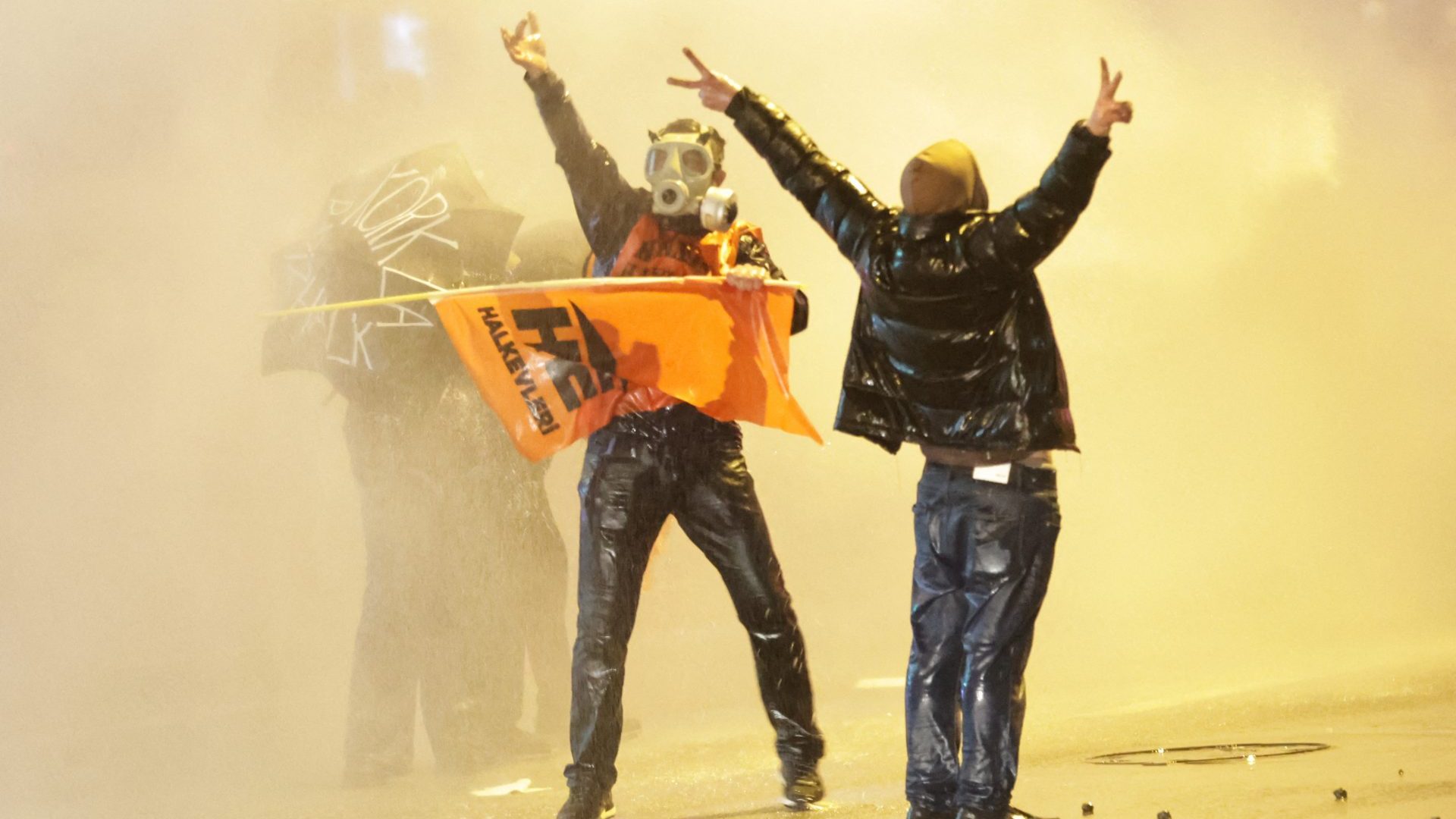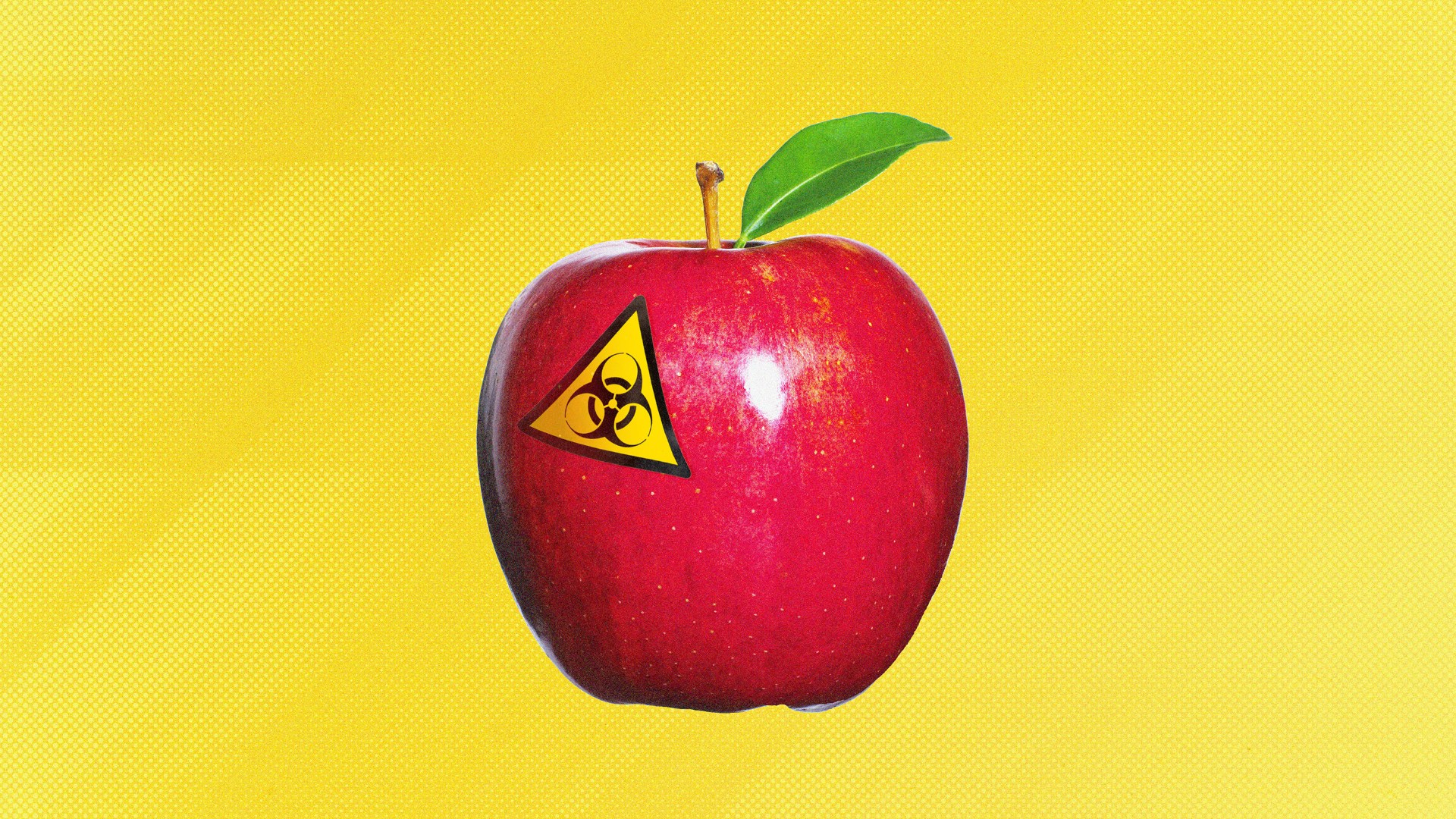He stands, arms crossed in a determined and powerful pose, against a backdrop of stylishly miscellaneous tech. Across his simple black T-shirt, reminiscent of other rich geniuses and their simple wardrobes, is the line “How the Billionaire CEO of SpaceX and Tesla is Shaping our Future”. This is the front cover of the biography of Elon Musk that I gave my bookworm father for Christmas almost a decade ago.
Unlike other, similar biographies of billionaires, this one had a special glint to it. “He’s from here!” the glossy cover seemed to say to us South Africans. “He’s one of us.”
As Musk has risen through the American political ranks, South African opinions about him have grown stronger, but more diverse. I run a poll on Instagram, to see how the – albeit limited and slanted – audience on my social media feels about him.
The winning opinion is: “Ew, he’s a problem.” Quite a few people indicate that they are sick of hearing about him. A few remain convinced he’s a genius.
It’s in my direct messages that it gets interesting. “I just think he’s an immature kid with too much power, and he’s gone totally rogue,” says one respondent. “He is definitely a good entrepreneur – no one can deny that – but at what cost?”
Several people refer to his childhood, suggesting that his public antics may be due to repressed trauma. But the common thread is that he’s a dichotomy: an innovator or possibly even a genius, and simultaneously an idiot megalomaniac.
In an attempt at journalistic neutrality, I decide to ask a stranger for their opinion. I’m selling my car at the moment, and a guy comes over to kick the tyres. I ask him what he thinks of Musk. The answer is a big sigh and an uncertain “oof, that’s a big one”. While checking the mileage, he admits that he’s not quite sure what to think.
This vague fear of Musk’s power is reflected in a lot of public discussion here. The recent statements and actions of Donald Trump towards South Africa, and his decision to expel our US ambassador, have stung.
The cuts in foreign aid have left many without a job or desperately needed services, and are likely to lead to thousands of deaths. Musk’s Department of Government Efficiency (Doge) has been directly involved.
What the many media articles about Musk noticeably don’t include is mention of his charitable work in South Africa. That’s because he doesn’t do any, unlike other high-profile South Africans, such as Charlize Theron.
Even so, for some people here he has become a hero of the so-called “white genocide” movement. Donald Trump and Musk have offered refuge to white South Africans discriminated against through diversity laws and land redistribution, and those haunted by racialised crime.
While murders on farms are certainly a terrible thing, years worth of fact checks and now a court order have shown that the persecution imagined by Musk and co is fantasy.
On Facebook, a post from an American suggests Musk should be sent back to South Africa. Someone replies: “Keep him, we don’t want him either.” It’s not just an issue of supporting or denouncing Musk, but of claiming him. Does the ordinary South African claim Musk as one of their own? Does he claim us?
Elna Schütz is a Johannesburg-based freelance journalist working in audio and writing



